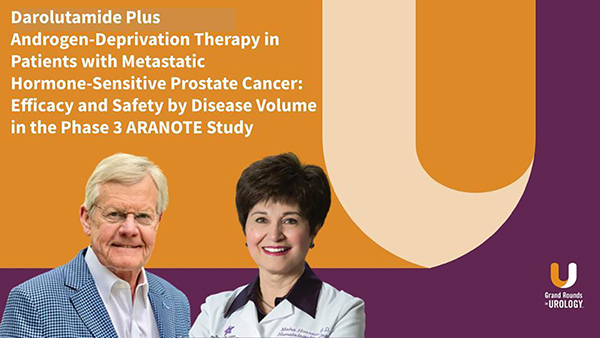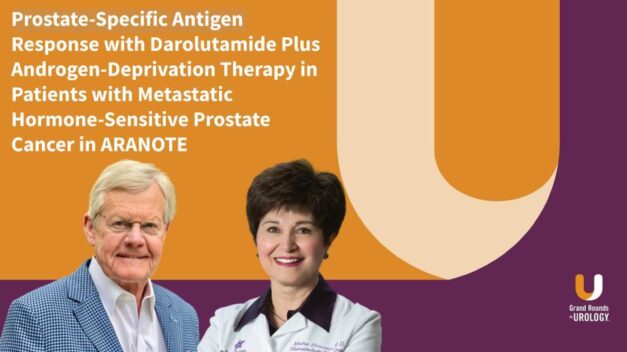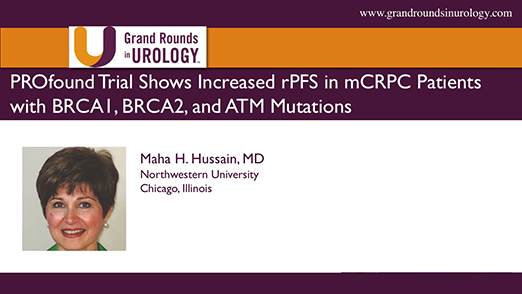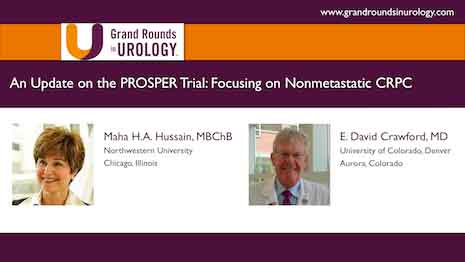Darolutamide Plus Androgen-Deprivation Therapy in Patients with Metastatic Hormone-Sensitive Prostate Cancer: Efficacy and Safety by Disease Volume in the Phase 3 ARANOTE Study
Maha H. Hussain, MD, discusses darolutamide (Nubeqa) combined with androgen deprivation therapy, with or without docetaxel.
Read More




